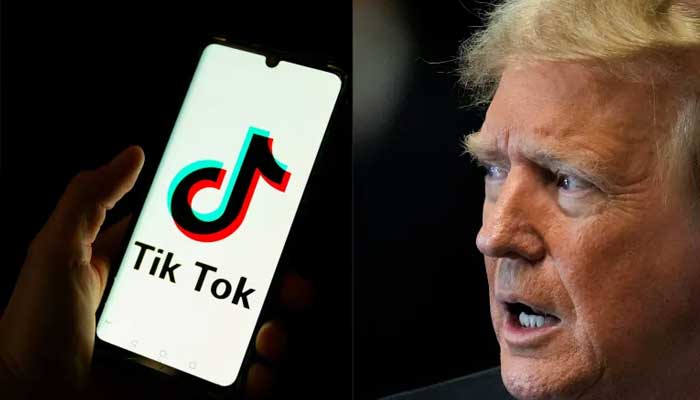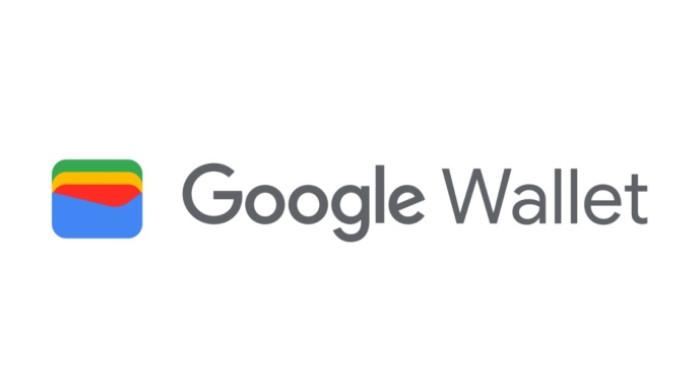TikTok says restoring service in US, thanks Trump
Chinese-owned app thanks US President-elect for "providing clarity that they will face no penalties"
January 19, 2025

- Trump says he wants 50% American ownership.
- Two Republican senators oppose TikTok's temporary reprieve
- New law gives authority to ban or sale Chinese-owned apps.
WASHINGTON: TikTok said on Sunday it was restoring its service after President-elect Donald Trump said he would revive the app's access in the US when he returns to power on Monday.
The statement came after US users reported being able to access the Chinese-owned service's website while the far more widely used TikTok app itself began coming back online for some users with just a few basic services.
"In agreement with our service providers, TikTok is in the process of restoring service," TikTok said in a statement that thanked Trump for "providing the necessary clarity and assurance to our service providers that they will face no penalties (for) providing TikTok to over 170 million Americans and allowing over 7 million small businesses to thrive."
TikTok stopped working for US users late on Saturday before a law shutting it down on national security grounds took effect on Sunday. US officials had warned that under Chinese parent company ByteDance, there was a risk of Americans' data being misused.
Trump said he would "extend the period of time before the law's prohibitions take effect, so that we can make a deal to protect our national security."
"I would like the United States to have a 50% ownership position in a joint venture," he wrote on Truth Social.
Trump said the executive order would specify there would be no liability for any company that helped keep TikTok from going dark before his order.
Trump had earlier said he would most likely give TikTok a 90-day reprieve from the ban after he takes office, a promise TikTok cited in a notice posted to users on the app.
"A law banning TikTok has been enacted in the US Unfortunately, that means you can't use TikTok for now. We are fortunate that President Trump has indicated that he will work with us on a solution to reinstate TikTok once he takes office. Please stay tuned," a message notified users of TikTok, which disappeared from Apple and Google app stores late on Saturday.
Even if temporary, the unprecedented shutdown of TikTok is set to have a wide-ranging impact on US-China relations, US politics, the social media marketplace and millions of Americans who depend on the app economically and culturally.
Trump saving TikTok represents a reversal in stance from his first term in office. In 2020, he aimed to ban the short-video app over concerns the company was sharing Americans' personal info with the Chinese government. More recently, Trump has said he has "a warm spot in my heart for TikTok," crediting the app with helping him win over young voters in the 2024 election.
In August 2020, Trump signed an executive order giving ByteDance 90 days to sell TikTok but then blessed a deal structured as a partnership rather than a divestment that would have included both Oracle and Walmart taking stakes in the new company.
Not everyone in Trump's Republican Party agreed with efforts to get around the law and "Save TikTok".
Republican senators Tom Cotton and Pete Ricketts said in a joint statement: "Now that the law has taken effect, there is no legal basis for any kind of 'extension' of its effective date. For TikTok to come back online in the future, ByteDance must agree to a sale that satisfies the law's qualified-divestiture requirements by severing all ties between TikTok and Communist China."
The US has never banned a major social media platform. The law passed overwhelmingly by Congress gives the incoming Trump administration sweeping authority to ban or seek the sale of other Chinese-owned apps.
Other apps owned by ByteDance, including video editing app CapCut and lifestyle social app Lemon8, were also offline and unavailable in US app stores as of late Saturday.
Apple and Google did not immediately respond to requests for comment.
Move to alternatives
Under the law passed last year and upheld on Friday by a unanimous US Supreme Court, the platform had until Sunday to cut ties with its China-based parent or shut down its US operation to resolve concerns it poses a threat to national security.
The Chinese Embassy in Washington on Friday accused the US of using unfair state power to suppress TikTok. "China will take all necessary measures to resolutely safeguard its legitimate rights and interests," a spokesperson said.
Uncertainty over the app's future had sent users - mostly younger people - scrambling to alternatives including China-based RedNote. Rivals Meta and Snap have seen their share prices rise this month ahead of the ban, as investors bet on an influx of users and advertising dollars.
'Hair on fire moment'
Web searches for "VPN" spiked in the minutes after US users lost access to TikTok, according to Google Trends.
Users on Instagram fretted about whether they would still receive merchandise they had bought on TikTok Shop, the video platform's e-commerce arm.
Marketing firms reliant on TikTok have rushed to prepare contingency plans in what one executive described as a "hair on fire" moment after months of conventional wisdom saying that a solution would materialize to keep the app running.
TikTok CEO Shou Zi Chew plans to attend the US presidential inauguration and attend a rally with Trump on Sunday, a source told Reuters.
Suitors including former Los Angeles Dodgers owner Frank McCourt have expressed interest in the fast-growing business that analysts estimate could be worth as much as $50 billion. Media reports say Beijing has also held talks about selling TikTok's US operations to billionaire and Trump ally Elon Musk, though the company has denied that.
US search engine startup Perplexity AI submitted a bid on Saturday to ByteDance for Perplexity to merge with TikTok US, a source familiar with the company's plans told Reuters. Perplexity would merge with TikTok US and create a new entity by combining the merged company with other partners, the person added.
Privately held ByteDance is about 60% owned by institutional investors such as BlackRock and General Atlantic, while its founders and employees own 20% each. It has more than 7,000 employees in the US.











